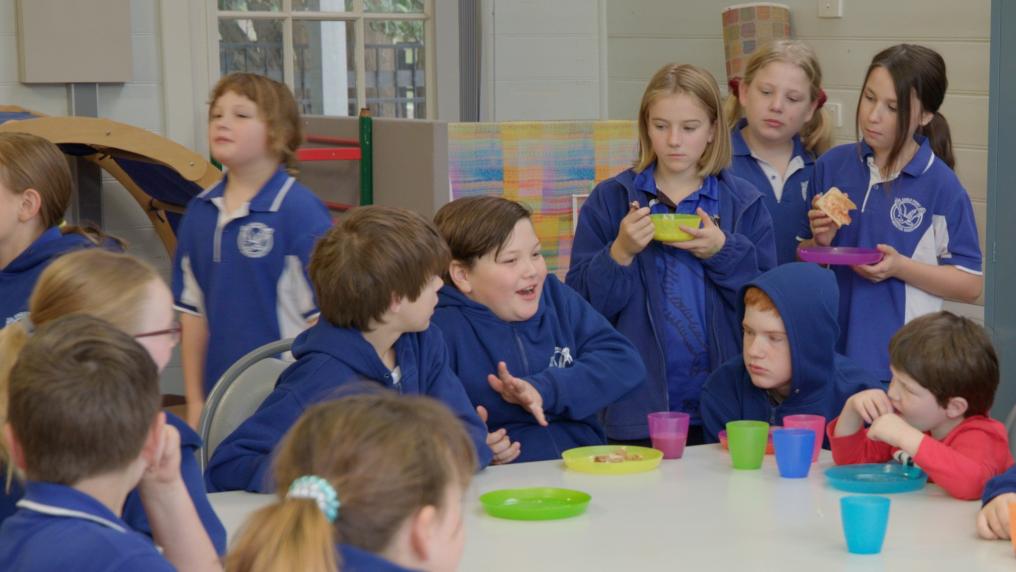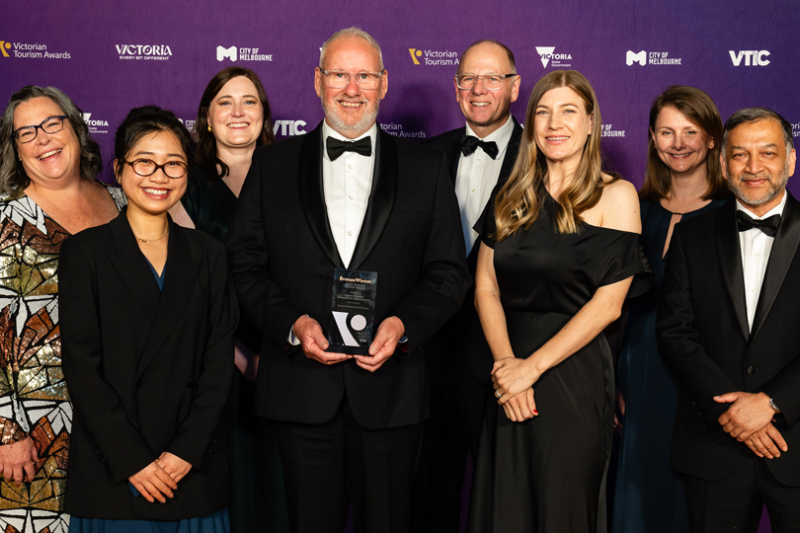Researcher explores school breakfast clubs during COVID19 isolation

A Victoria University researcher specialising in inclusive education has explored the effect that home learning and teaching caused by COVID-19 isolation will have on school breakfast clubs.
Dr Fiona MacDonald said these clubs are designed to tackle the disadvantage faced by some of the 20 per cent of Australian children who arrive at school hungry by supplying them with healthy breakfasts before they start their school day.
She recently completed an evaluation of the school breakfast program (PDF, 4.47 MB) partnership between the Victorian Government and Foodbank Victoria, and found the clubs are about far more than just nutrition.
As well as food, school breakfast programs create nurturing and caring spaces that make children feel safe and welcome at school – something that cannot easily be replicated when students are at home.
“One of the greatest challenges as schools go online because of COVID-19 is managing the gap between advantage and disadvantage,” she said.
“It is yet to be seen if a substitute such as a door-drop delivery of food packs conveys the same level of connection, nurturing and care for a child.”
Dr MacDonald said even if ‘virtual breakfast clubs’ are established as schools adjust to new ways of learning and teaching, there will be challenges such as:
- not every child will get out of bed to join a virtual breakfast at 8.30am
- daily routines may no longer follow the structure of a normal school day
- safe and welcoming environments may not be able to be replicated online, since some children will be located in the physical spaces that perpetuate their disadvantage.
Dr Fiona MacDonald is a Research Fellow specialising in inclusive education in VU’s Institute for Sustainable Industries and Liveable Cities (ISILC).
Read her article in The Conversation Schools provide food for many hungry children. This needs to continue when classes go on line.



